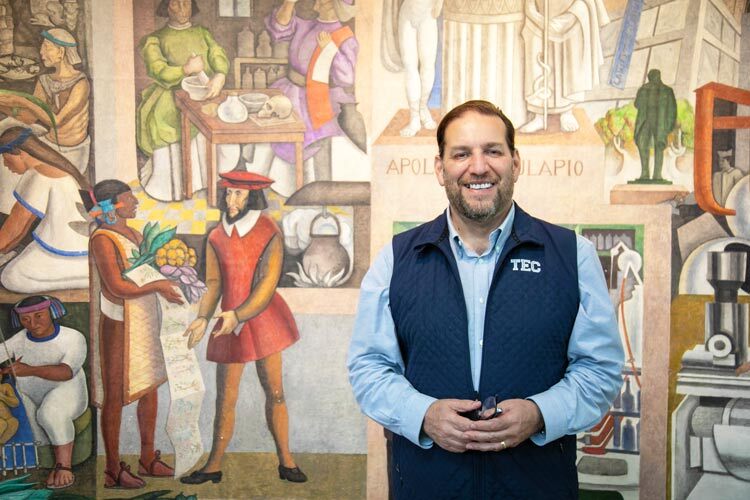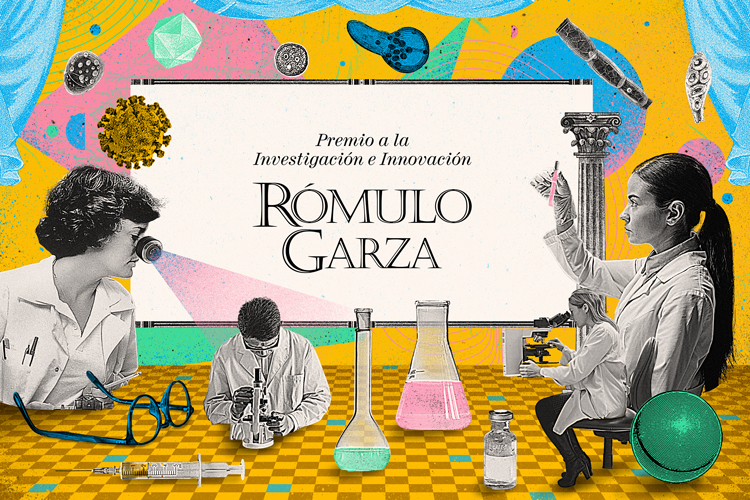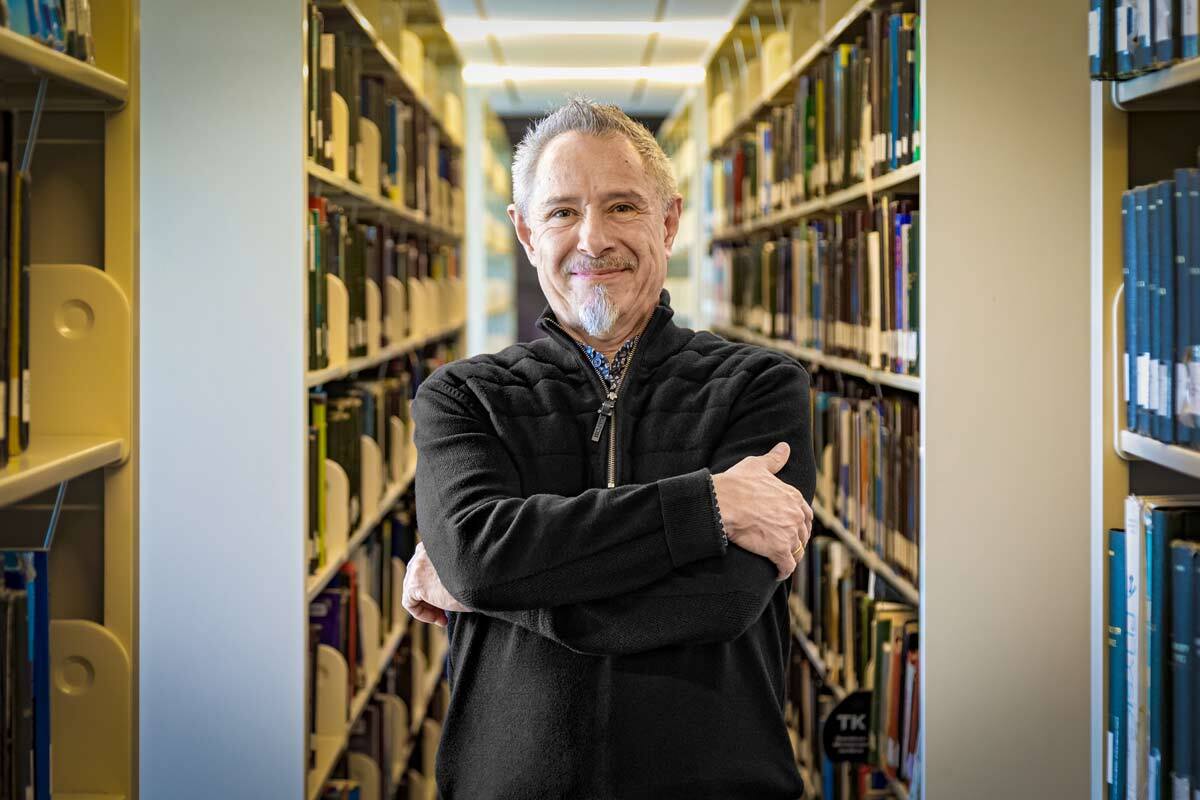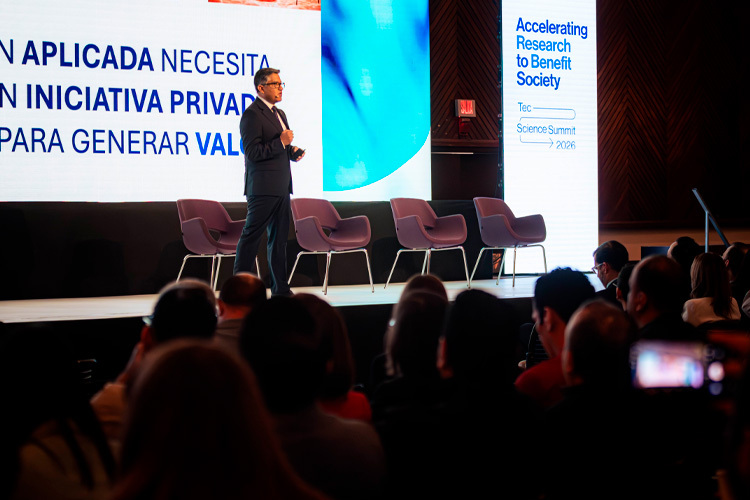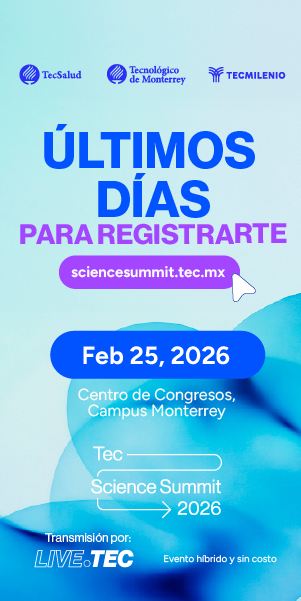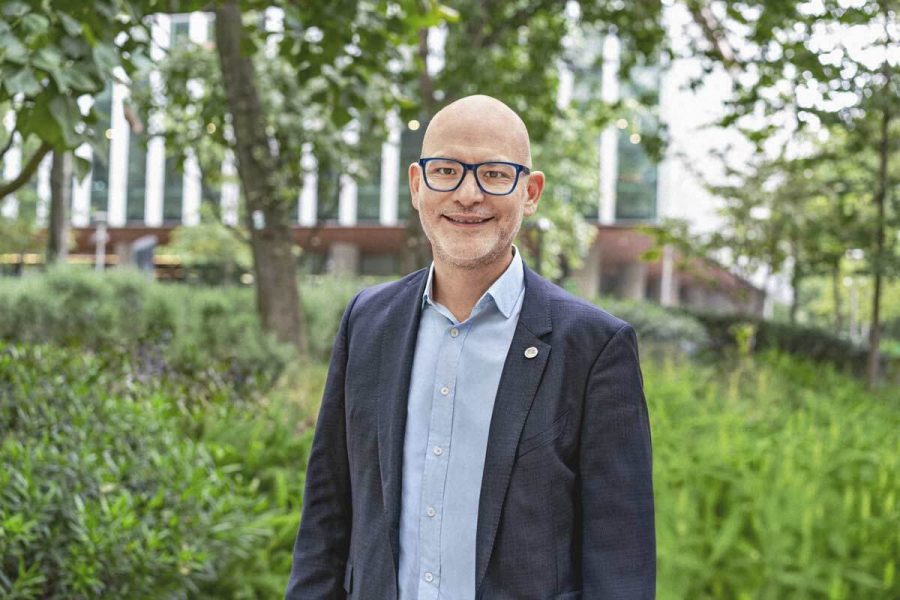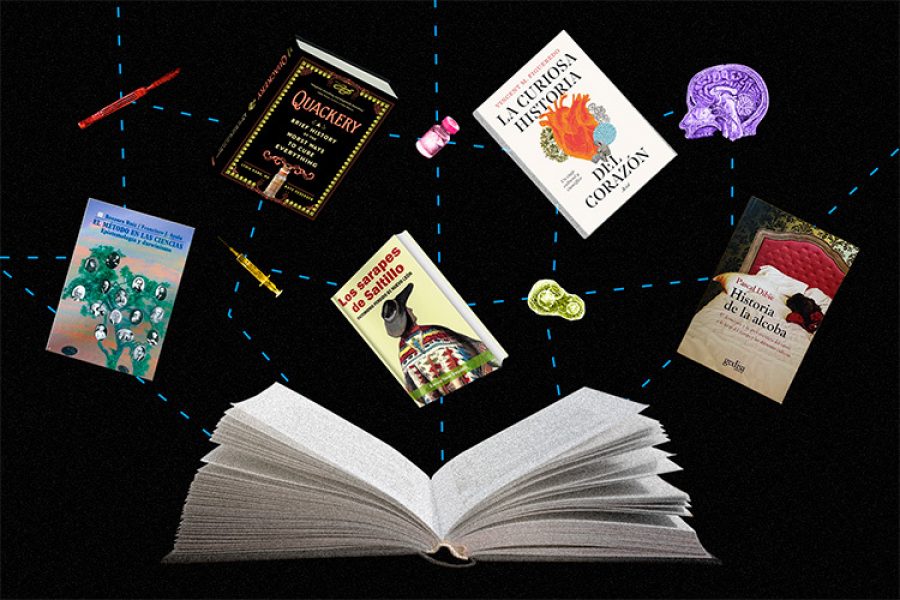Imagine you’re at a medical appointment. Your doctor not only knows the clinical facts but also listens carefully to your personal story, treating it as a crucial part of the diagnosis. They show empathy and respect because they were trained in a patient-centered learning model. Then, they pull up an Artificial Intelligence (AI) tool that compares your medical history against thousands of records to detect patterns and improve your care in real time.
That scene illustrates what happens when new approaches to teaching and learning transform health science education.
“The way future physicians and health professionals are trained directly affects the quality of care we all receive,” says Jorge Valdez, the newly appointed director of the Health Science Education Research and Innovation Unit, presented this summer by the Institute for the Future of Education (IFE) at Tecnológico de Monterrey. Valdez also serves as scientific editor at TecScience.
Valdez is no stranger to the field. He has more than 30 years of experience in medical education and academic leadership. A Tec graduate himself, he served as dean of the School of Medicine and Health Sciences (EMCS) for over a decade and later became Director General of Quality in Education and Health at Mexico’s Ministry of Health. He is a member of the National Academy of Sciences, the Mexican Academy of Surgery, and the Royal Society of Medicine.
Two weeks ago, he received the Francisco Hernández Award for Merit in Medical Education, one of the most prestigious honors granted by the Pan American Federation of Medical Schools (FEPAFEM), recognizing leaders shaping the next generation of health professionals.
Through IFE’s initiative, academics, researchers, and experts in education and health sciences are joining forces to generate knowledge that will strengthen teaching and learning in the field.
“We want to investigate and gain a deeper understanding of how to educate health professionals best—physicians across all disciplines—so they can provide better care for the public,” Valdez explained. “That’s our guiding principle: patients remain at the core. If we want to make an impact in education, we need research, stronger evidence, better data—because at the end of the day, what we really want is to optimize the care patients receive.”
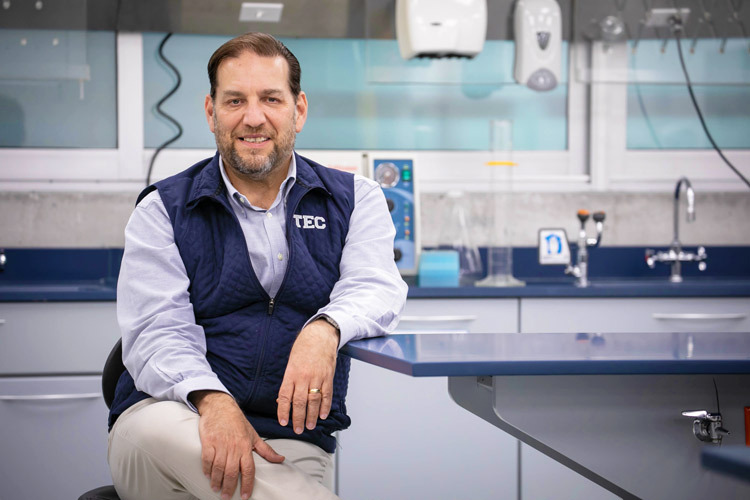
Building a Hub for Educational Innovation in Health
Through the new unit, academics, researchers, and health education experts will work together to strengthen medical teaching and practice.
“We want to investigate and better understand how to educate health professionals across all disciplines so that they can serve people more effectively. That’s the ultimate goal: patients remain at the center,” says Valdez. “If we want to make an impact in education, we need evidence, better data, and rigorous research—because in the end, what matters is improving patient care.”
Valdez now leads a team of more than a dozen researchers, including students, faculty, and academic collaborators, focused on health science education. Supported by TecSalud—the ecosystem that integrates EMCS, Zambrano Hellion, and San José hospitals, and multiple clinics—the unit aims to tackle some of the most pressing challenges in medical education:
- Incorporating digital health tools and artificial intelligence into training
- Designing learning experiences in real and simulated environments
- Innovating assessment and feedback mechanisms
- Generating evidence on the most effective practices and models across medical disciplines
“The field of health science education is as broad as any other discipline,” Valdez explains, “but what makes it unique is that we learn and teach in practice, in real clinical scenarios.”
Research Lines and Priorities
The new unit will focus on several key areas:
- Patient-centered learning: cultivating professionals who are sensitive to patients’ needs.
- Academic societies: building communities where students and mentors learn collaboratively.
- Curriculum design in clinical settings: trimester-based models emphasizing hospital and clinic practice.
- Assessment at the point of care: evaluating professional performance directly with patients, beyond written exams.
- Test-enhanced education: using exams as learning tools to reinforce knowledge.
- Clinical simulation and emerging technologies: leveraging AI, augmented reality, and simulators in safe environments.
- Cross-cutting themes—such as digital health, artificial intelligence, and inclusion—will run through all these lines.
Ultimately, the unit seeks to generate knowledge that strengthens medical education worldwide through scientific publications, patents, and educational resources for faculty and training programs.
A Bridge to Entrepreneurship
Another major goal is fostering entrepreneurship in medical education. One example is Edumed Experts, a Tec spin-off created from a methodology that evaluates students directly during patient interactions. The new unit plans to collaborate with this company to support training programs and courses.
Valdez also envisions projects like gamified apps to help students learn anatomy. Drawing on his own experience as a scientific entrepreneur—he co-founded companies such as Synthetic Ocular Restoration, which produces corneal tissue to restore vision—he hopes to scale educational innovations into ventures with real-world impact.
Global collaborations and local impact
The unit is also looking outward, strengthening collaborations with institutions such as the Harvard Macy Institute, the National Board of Medical Examiners, and universities in Chile and Colombia that are part of La Tríada alliance. Additional partnerships include the University of São Paulo, the University of Concepción, the Pontificia Universidad Javeriana, and the Hospital Italiano de Buenos Aires.
Inside Tec, the unit will collaborate with Schools of Humanities and Education, Business, and others, while also sharing methodologies with the IFE’s Research Lab and Data Hub.
The new Health Science Education Research and Innovation Unit was formally presented during the Transforming Health Science Education, Improving Lives symposium, a virtual event hosted by IFE that gathered international experts in medical education.
Michael Fung, IFE’s executive director, reflected on the changing role of physicians:
“We need to think about our vision of the doctor of tomorrow. With AI supporting diagnostics, and in some cases even offering consultations, what skills will physicians need in the future?”
Alongside Valdez, other speakers included José Escamilla, Paulo Blikstein, Silvia Olivares, Irma Eraña, César Lucio, and Jesús Beltrán, who showcased advances in patient-centered learning, clinical skills assessment, and immersive teaching methods.
Although the unit’s initial focus is on Latin America, Valdez says the ambition is global:
“We want to build a diverse community of innovative medical educators and leaders, integrating cutting-edge practices and technologies to transform healthcare systems and elevate medical training.”
Were you interested in this story? Want to publish it? Contact our content editor to learn more: marianaleonm@tec.mx
